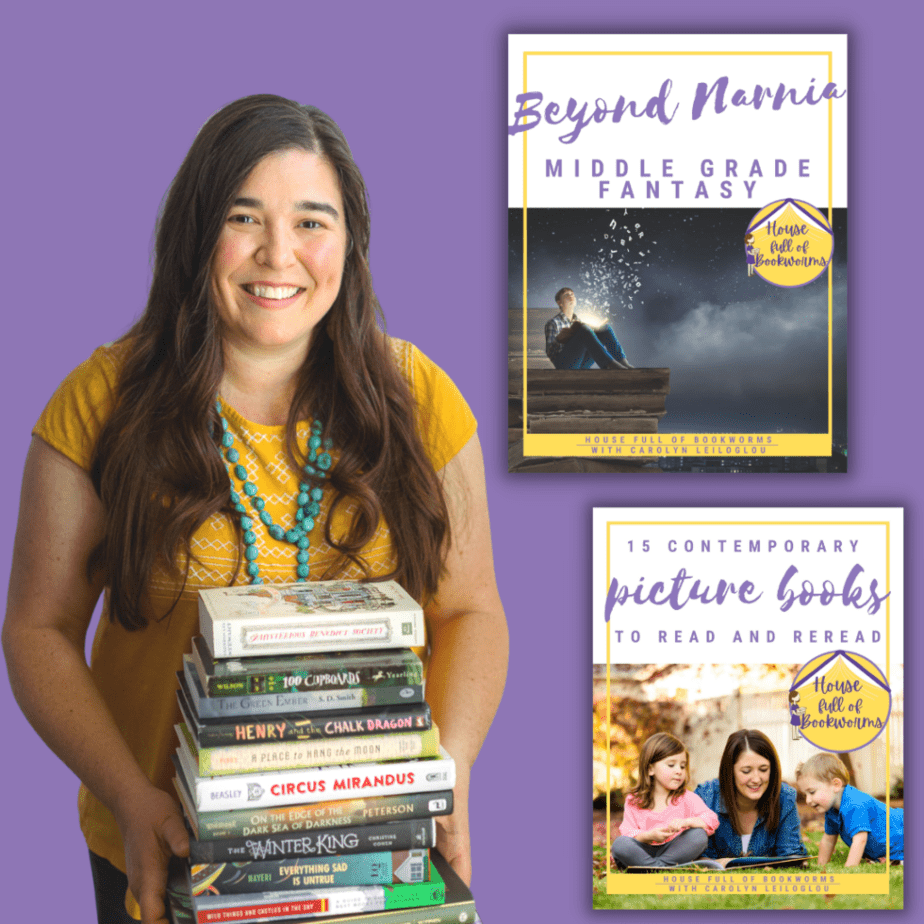I loved Esperanza Rising. I love being surprised by a book, and this one surprised me. I know I had heard some good reviews, but I had also read some critical ones. I’m not sure what I expected, but I didn’t expect to enjoy it as much as I did (I finished it in two days)! I also didn’t realize that it’s historical fiction, and that made it even better in my view.
The Story
Esperanza is the thirteen-year-old daughter of wealthy Mexican landowners. She loves her family and the land and even the servants, but her attitude is one of entitlement. She tells Miguel, the son of servants, that they are on opposite sides of a river, and can’t understand why telling him this truth destroyed their friendship.
When Esperanza’s father is killed and her greedy uncles try to take over their farm, Esperanza and her mother must flee to the United States with their former servants, leaving her injured Abuelita with her sisters at a convent. It’s The Great Depression, but Esperanza’s mother and the former servants are able to get migrant worker jobs, live in a camp with no running water, and earn barely enough to survive. When her mother gets sick and must be hospitalized, Esperanza realizes she has the will to work, survive, and overcome her former class prejudices.
What I Loved About This Book
- Glimpse into a Culture–Esperanza Rising beautifully shows Mexican culture. It’s rich with Spanish words, which are always translated for ease of understanding. The reader meets people from all walks of life in and from Mexico.
- Imagery Rich Writing–I found Pam Muños Ryan’s storytelling beautiful. There are many reoccurring images throughout the story. My favorite is the crocheted blanket of hills and valleys begun by Abuelita and finished by Esperanza, an image of life, survival, and triumph.
- Historicity–I didn’t realize when I picked up Esperanza Rising that it was historical fiction. It’s actually based on the author’s grandmother. In the author’s note at the end, I learned that Repatriation–the mass deportation of Mexicans, legal and illegal alike, including Americans of Mexican descent–was the largest mass removal of people against their will in US history, a sad fact of our collective story.
What Parents Should Know
- I honestly didn’t find anything objectionable in this book, but the weight of some of the topics–strike violence, deportation, the death of a parent, child labor–makes it more appropriate for kids age 11 and older.
- One more thing. If your child doesn’t know Spanish, I’d highly recommend the audiobook. Even though each Spanish word is translated immediately after, hearing the words spoken give the story a beautiful and lifelike feel.






From your critique this book sounds engaging and educational on so many levels. I was unaware of the repatriation during the
Depression.
I was surprised by this book, as well, and loved it 🙂
Yay! I love celebrating great books together 🙂
And, as I’m sure the story tells, esperanza is Spanish for hope. Can’t wait to share this with my daughter!
I knew that, but I’m not sure the story ever specifically mentioned it. But yes, I think the meaning is certainly intended. 🙂